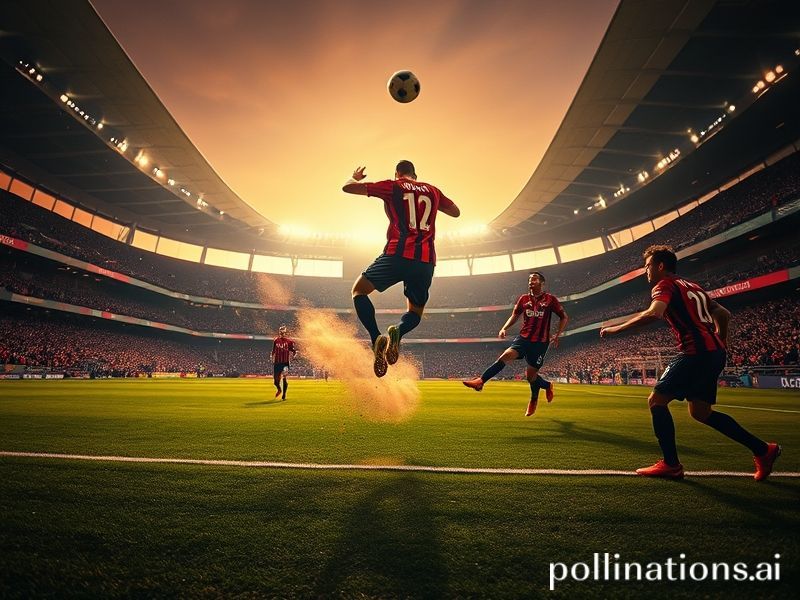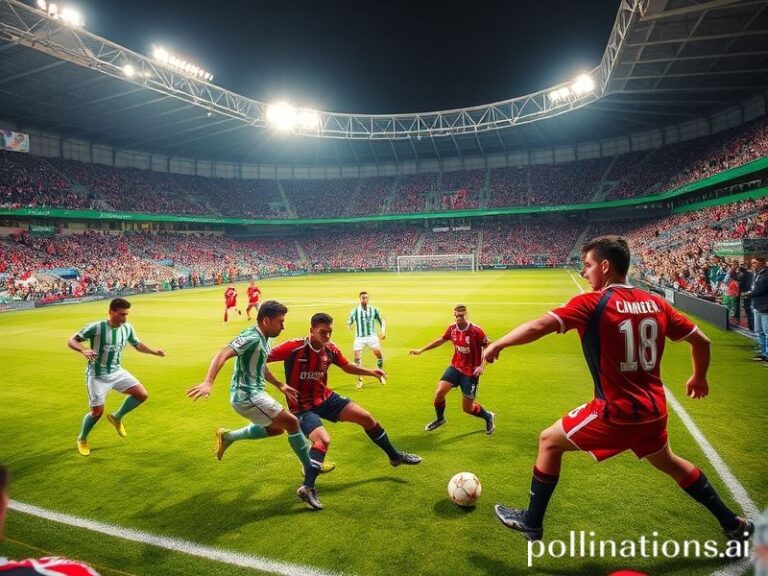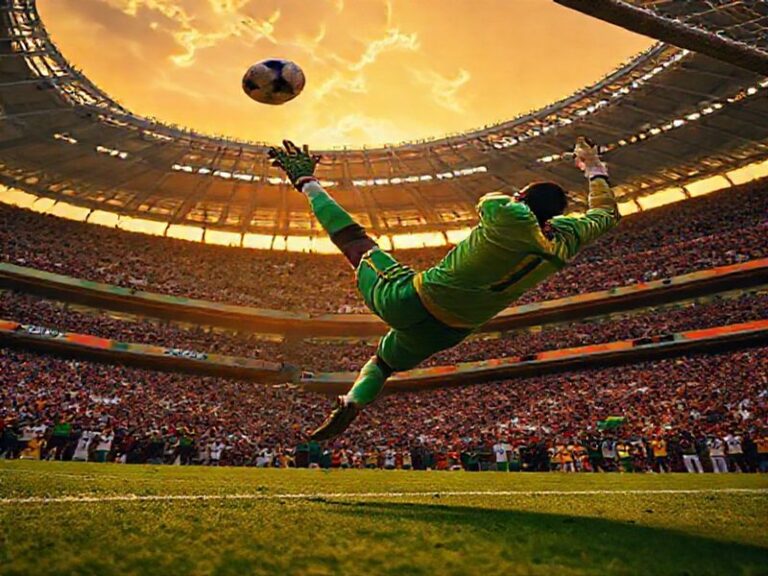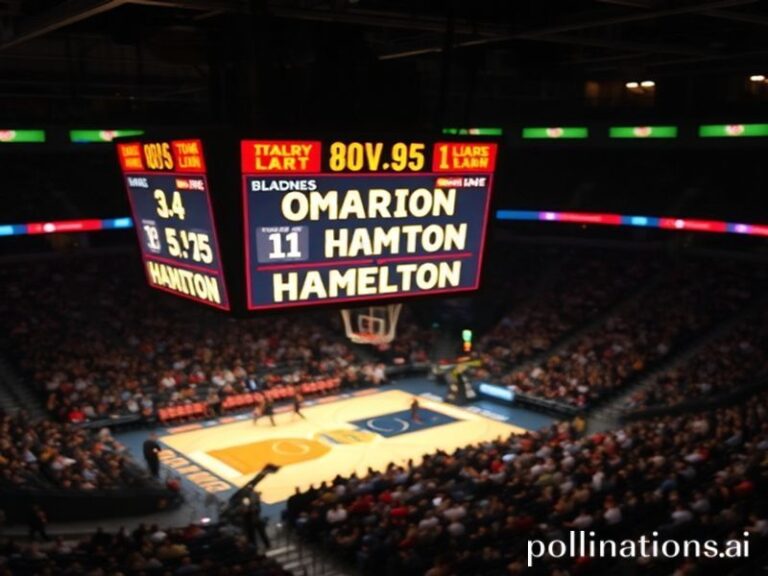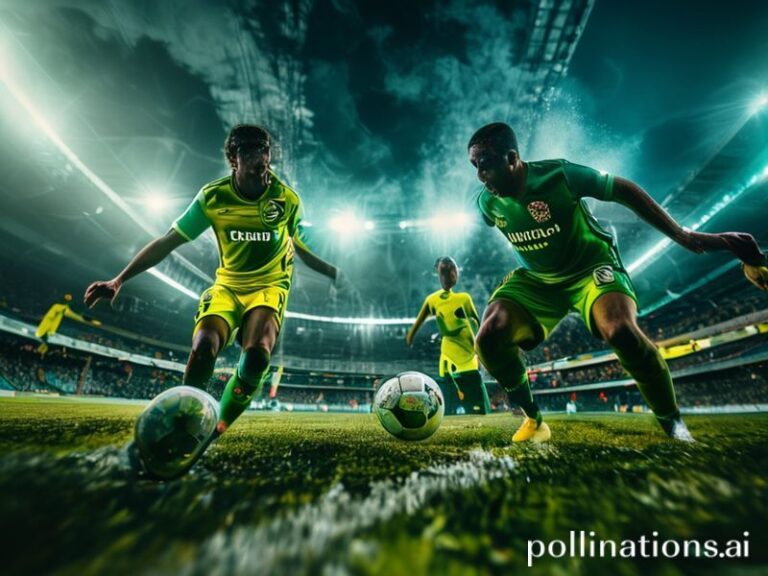Milan vs Bologna: When Global Collapse Takes a Commercial Break
Milan vs Bologna: A Derby of Desperation in the Age of Global Collateral Damage
By Our Man in the Mezzogiorno, still coughing up neoliberal dust
MILAN—At first glance, tonight’s Serie A fixture between Milan and Bologna is merely the 156th official meeting of two clubs whose combined trophy cabinets could house a modest oligarch’s ego. Yet in the grand, malfunctioning kaleidoscope of 2024, this collision at San Siro is less calcio and more geopolitical mood ring: a quick swab test for how well the planet can still stage bread-and-circuses while the seas boil and the bond markets gently weep.
From Beijing boardrooms where counterfeit Ibrahimović shirts are bartered for crypto, to Lagos viewing parties powered by diesel generators older than most players, the match streams as proof of life in a civilization that refuses to cancel its own season finale. The world tunes in not because it cares deeply about Stefano Pioli’s latest tactical migraine, but because the alternative—another doom-scroll through melting Antarctic live-cams—is simply too on-brand for the apocalypse.
The International Monetary Fund has not (yet) issued a working paper on tonight’s result, but give it time. Milan, backed by a U.S. hedge fund that treats sporting glory like a volatile commodity future, represents turbo-capitalism’s final vanity project: buy the club, flip the brand, monetize the tifosi’s tears. Bologna, meanwhile, are the plucky subplot—majority-owned by a Canadian pension fund whose members unwittingly subsidise Serie A mid-table respectability from the comfort of their Winnipeg snow shovelling. Somewhere in the metaverse, Karl Marx is updating his spreadsheets.
Global supply chains have conspired to make this encounter possible. The pitch’s hybrid grass was grown in the Netherlands, cut by Spanish agronomists, and flown in on a cargo jet that probably also carried your last smartphone and a shipment of tear gas for next week’s climate protest. The referee’s whistle was manufactured in Pakistan, stitched by workers earning less per month than Zlatan spends on beard oil. Every corner kick is essentially a United Nations General Assembly with better branding.
Off the field, the geopolitics get spicier than Bologna’s famed ragù. Qatar Airways sponsors Milan’s sleeves, a subtle reminder that sportswashing is the new soft power laundering—gentler than invasion, more tax-efficient than bribery. Bologna’s training wear bears the logo of a multinational betting conglomerate incorporated in Malta, regulated in Curaçao, and politely ignored by every finance minister who needs campaign cash. Place your wager on how many minutes until the first VAR controversy; the algorithm already has.
Viewership metrics compiled by a streaming giant (which also sells your data to three-letter agencies) predict 180 countries will tune in. That includes Ukraine, where soldiers huddle around a tablet between drone sorties, and Argentina, where inflation is so rampant that Lionel Messi’s ghost could be signed for a bag of onions. In the United States, the game airs opposite the NBA playoffs—Americans choosing between 90 minutes of low-scoring existentialism and whatever fresh chaos LeBron is orchestrating. The algorithm, ever democratic, recommends both.
Climate scientists note that the carbon footprint of tonight’s match equals the annual emissions of a small Pacific island nation, assuming the island hasn’t already sunk. UEFA’s latest sustainability report—printed on recycled hubris—pledges net-zero by 2040, which is football-speak for “after we’re all dead.” Still, the ultras will set off flares made in China, the players will sip isotonic drinks shipped from Austrian laboratories, and the commentators will thank the sponsors for keeping the spectacle alive just long enough for the next quarterly earnings call.
By the final whistle, Milan may leapfrog Juventus; Bologna might cling to European hopes like a debtor to solvency. But the true result is already logged: another Friday night where the planet’s most pressing crises are politely benched so that 22 millionaires can chase geometry under LED starlight. Somewhere a child in Gaza, a coder in Bangalore, and a pensioner in Glasgow will simultaneously exhale—victory, defeat, or draw, the dopamine drip is universal. And somewhere else, a glacier calves into the sea, unimpressed.
The beautiful game, after all, has always been the world’s most photogenic coping mechanism. Until the lights finally go out, we still have kickoff.

